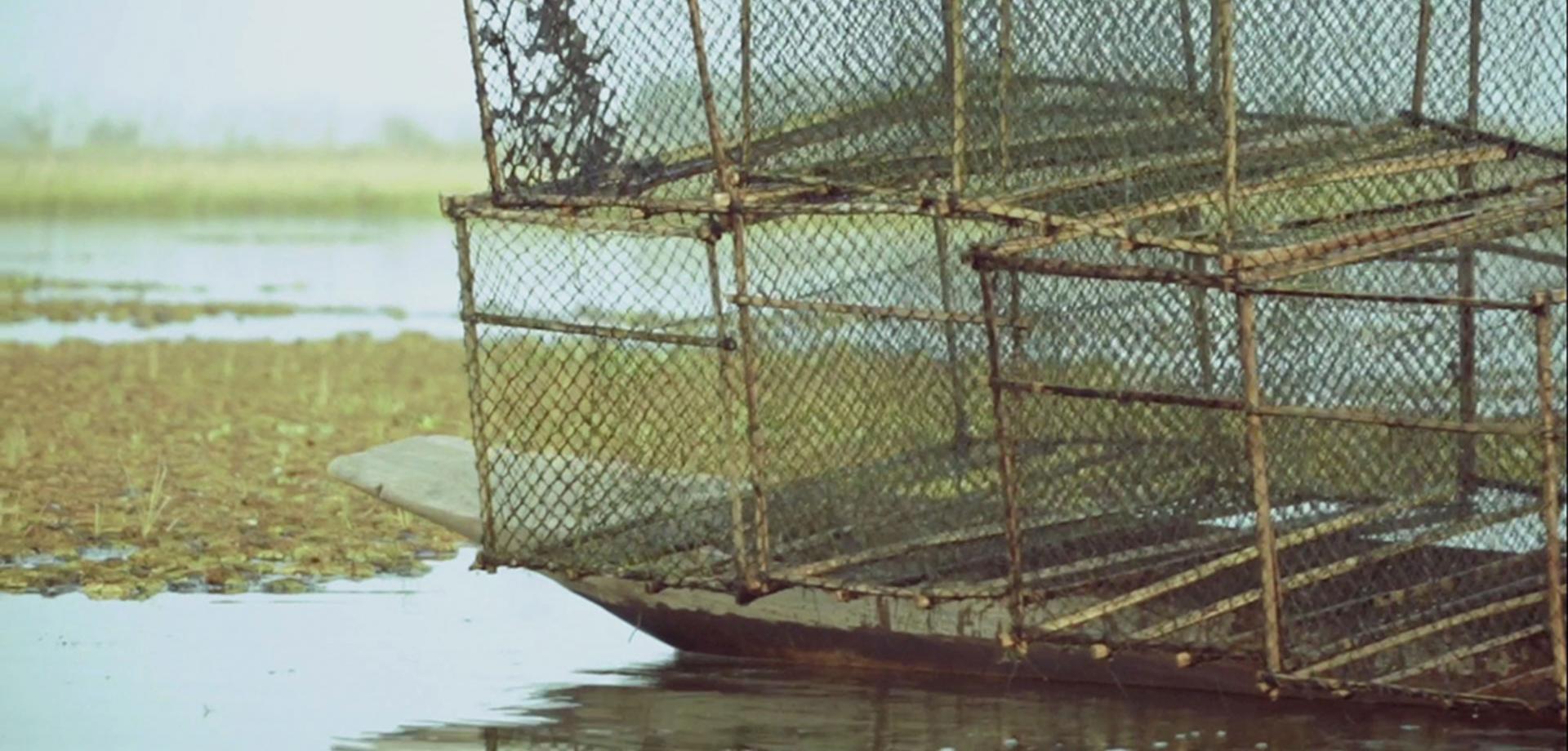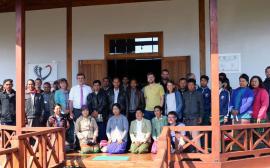Fisheries are still very essential for local livelihoods in Indawgyi Lake. The majority of local fishermen are landless, which not only limits their livelihood options but also increases their dependency on the lake and its fish stock. Overfishing is a general problem that is exacerbated by destructive and illegal fishing practices, such as electric spear fishing, the use of small mesh-size fish traps, and nets. The blocking of streams and migrant fishermen who seasonally come to Indawgyi from other regions further increase the pressure on the fish stock. The introduction of invasive species such as the Common Carp from Eastern European additionally poses a serious threat by displacing native fish species.
A community-based sustainable fisheries management system that includes all stakeholders will ensure the recovery of fish stocks and the long term-production of fish for local livelihoods. Fauna & Flora International (FFI) and Friends of Wildlife (FoW) facilitated the development of nine fish conservation zones in collaboration with the local fishing communities, the Fisheries Department, and the Indawgyi Wildlife Sanctuary staff. The selection and demarcation of the zones focuses on important fish breeding habitats and was based on scientific data, as well as on local knowledge about fish production cycles. The Myanmar fisheries law already defines fishing seasons and closures, minimum mesh size for fishing nets, and the definition of illegal fishing gear and practices. Regular collaborative lake patrols support the enforcement of these fisheries regulations to prevent illegal fishing practices and ensure the protection of the fish conservation zones. The overall objective is sustainable and collaborative fisheries management to secure local livelihoods and fish diversity likewise.


